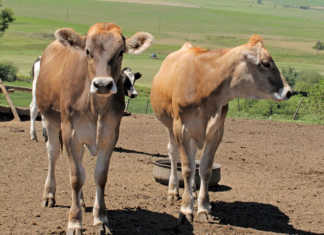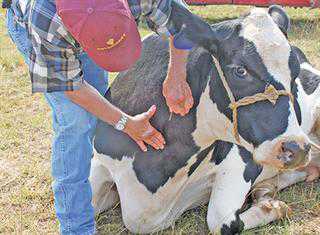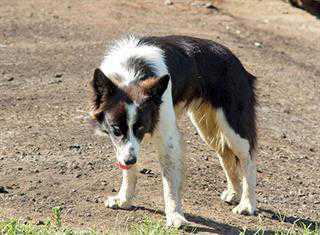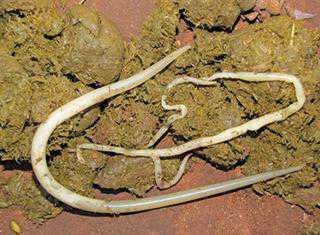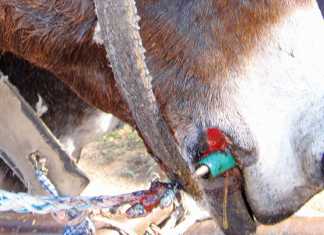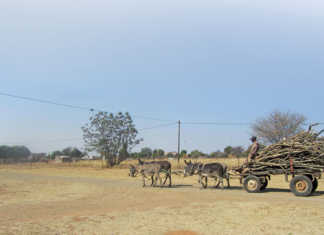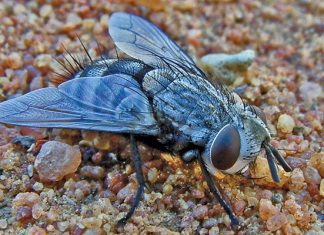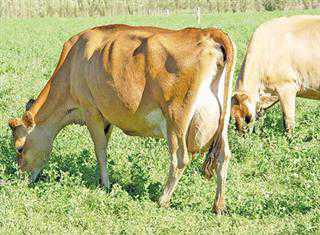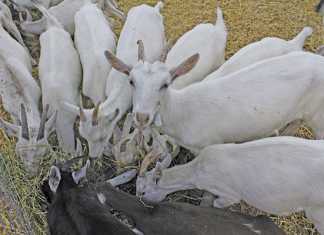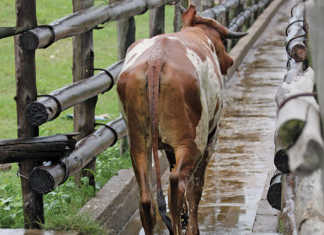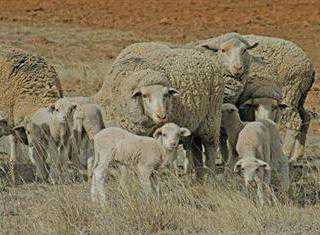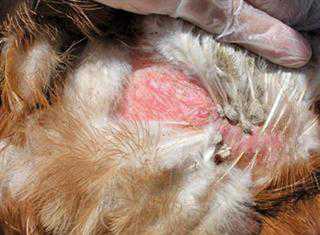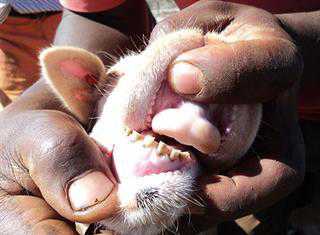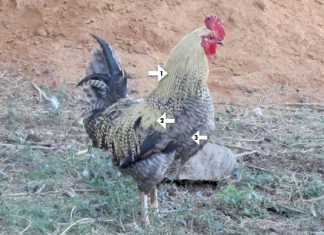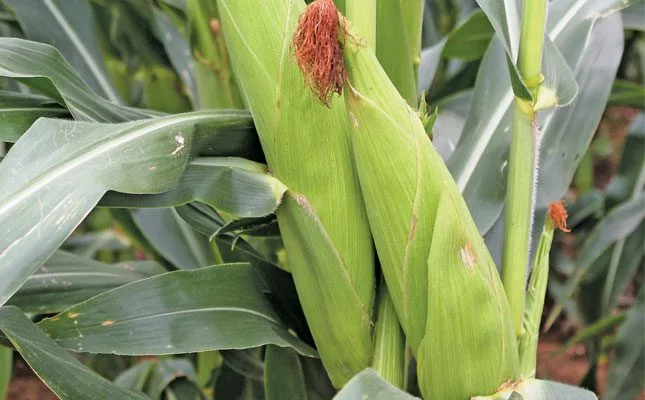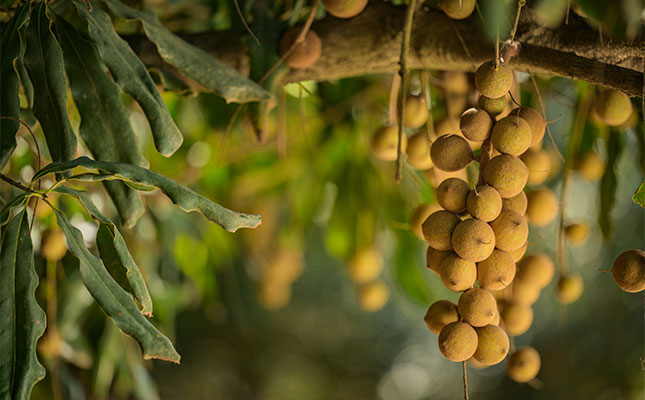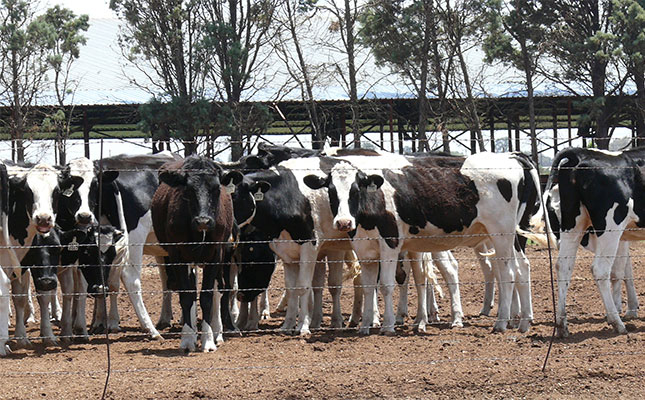Feeding replacement dairy heifers up to first calving
Heifers must come into production as soon as possible, but care must be taken to prevent them from getting fat.
Understanding zoonosis
Livestock can be carriers of diseases that can make you ill and might even be fatal, warns Paul Donovan.
Common zoonotic diseases
These diseases can be life-threatening, so it’s important to understand how they are contracted, says Paul Donovan.
How to keep a donkey healthy
Donkeys and horses have several diseases in common, but symptoms and treatment differ, says Prof Cheryl McCrindle.
Managing donkeys
Many donkeys still run in herds on communal grazing and can be dangerous to humans, warns Prof Cheryl McCrindle.
Improving anthelmintic use
A minimal yet effective treatment programme is the way to go in the fight against anthelmintic resistance, say Gareth Bath and Jan van Wyk.
Brucellosis: a common danger
This disease decreases the profit of cattle farmers and affects food security in rural areas. It can also be transmitted from cattle to people, says Prof Cheryl McCrindle.
Managing internal parasites for sheep and goats – Part l
A holistic approach that regards parasites as part of the natural order of things is your best option when it comes to parasite management, say Gareth Bath and Jan van Wyk.
Goats and sheep – Strutting their stuff
The ‘male effect’ is a natural and ethical way to better reproduction in goats and sheep, says Roelof Bezuidenhout.
How to manage flies to avoid diseases
Flies on your farm are more than a nuisance. A severe fly infestation can affect your cattle’s productivity, hitting profits hard.
Canine skin diseases
Understanding the causes and prevention can help to prevent many dogs from suffering needlessly.
Keeping goats for milk: a beginners guide
People have been keeping goats for milk for centuries. Goat milk is superior to cow’s milk in certain respects, one of which is that it is easier to digest.
Animal health: Acaricide resistance
The chemicals used to treat cattle against ticks are called acaricides. When cattle are dipped, the ticks fall off or die.
About chicken lice
Lice spread diseases, cause distress to the chicken and greatly reduce a hen’s egg-laying capacity.
Tips on defining the ‘growth curve’
Understanding the ‘growth curve’ can help you feed your livestock more efficiently. Roelof Bezuidenhout provides an overview of the concept.
Tips on how to inject chicken
If you’re a small-scale poultry producer, chances are you’ll have to inject your birds at some stage. Prof Cheryl McCrindle explains how to do it safely and effectively.
- ADVERTISEMENT -
- ADVERTISEMENT -
MUST READS
- ADVERTISEMENT -

